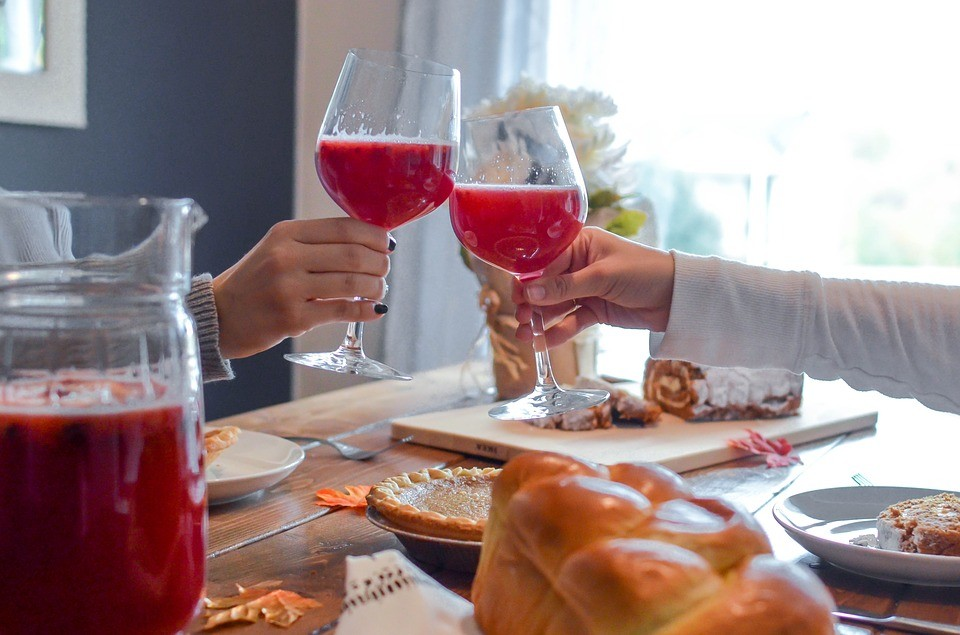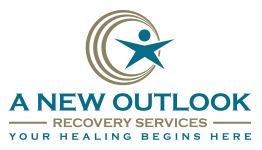
11|2022
Make preparations in advance. Recovering addicts need to assemble a “recovery kit” they can take with them before joining their families for holiday celebrations. This kit would include contact information for the recovering person’s sponsor and therapist. People in recovery that may be traveling out of town need to bring reading material, whether it is AA’s Big Book, a journal, or other books that help relieve stress and attend support meetings available at their destination.
1. Enter early, and depart early. Recovering addicts that attend holiday parties may need to consider arriving early and leaving early. Most alcohol and drug use become more common as the party carries on. You must not worry that an early departure will offend the host. Your sobriety is the most important.
2. B.Y.O.B. (bring your own beverages). Bring your own beverages to holiday parties. This will allow you to have more control over what you drink and not fall victim to other people’s attempts to spike beverages with alcohol or drugs as a joke. Unfortunately, many people may not take the importance of recovery seriously. For them, it’s no big deal, for you, it can be a matter of life or death.
3. Have an escape plan. If the situation arises at a family gathering where an argument takes place or you feel pressure from relatives to drink and you feel tempted, you need to take corrective action as quickly as possible.
When someone in recovery feels uncomfortable or that they need to use again because of a particular situation, they need to take action immediately and get out and do what they need to do to maintain their sobriety. In the end, that is what’s most important.
People in recovery need to remember that they are the ones in control of their sobriety. They have to realize that it’s not the family’s responsibility to keep them sober, it’s theirs.
During the rest of the year, it can be pretty easy for recovering alcoholics or addicts to surround themselves with other sober people. In their everyday lives, they can set boundaries –
- Where They Go – they avoid bars, nightclubs, and alcohol-fueled parties
- Who They Are With – they avoid other alcoholics and addicts who are not in recovery
- How Much Time They Spend in Situations Where Drinking Is Occurring – when they can’t avoid the situation, they can usually politely make their exit in short order
All these changes during the roughly five-week between Thanksgiving Day and New Year’s Eve. Attendance at family functions and office parties is usually inescapable. There, they will encounter family members and coworkers who like to drink and who do so with abandon, and these gatherings can last hours.
The holiday season can be a joyous time, but for those in recovery from drug or alcohol addictions, it can also be a minefield. High expectations, over-commitment, and fatigue can lead to heightened emotions and mood swings. Travel and busy schedules increase stress. You might be away from your support network and routines, enhancing a feeling of isolation. Holiday customs, memories, and events associated with alcohol or other drug use may tug at you. But there are ways to prepare for this high-risk season and safeguard the greatest gift you ever gave yourself and those you love: your sobriety.
1. Plan your support system ahead of time.
Prepare a plan to support and protect your sobriety ahead of key holiday events, whether at work or at leisure. This may mean going to a Twelve Step meeting before or after the event, attending the occasion with your sponsor or a friend in recovery, and making sure you can leave at any time and are not dependent on someone else for transportation. It can also include “bookending” the event with planned before-and-after telephone calls to someone in recovery. Limit time in stressful situations or around difficult people and always have an escape plan. Setting up support meetings ahead of time is “money in the bank.” Relapse prevention is about planning . . . recovery planning.
2. Understand the emotional complexity of “the holidays.”
Talk with your sponsor, a friend, or a professional counselor about the emotions and expectations you have wrapped up in the holidays. This is called “calculating reality.” The holidays will not be like they were when you were six years old. Everybody will be tired and stressed, possibly depressed, as past holiday disappointments may hang in the air. Know this. Awareness will help you lower expectations and be forgiving of yourself and others. Instead of entering a holiday event on the defensive, orient your thinking to be on the offensive: What is the next right thing for me to do in this situation?
It’s also important to be aware that some people are most vulnerable after the holidays. The stress and resentments that may come up over the holidays can lead to rationalization—we can convince ourselves we’re entitled to drink or use—and sometimes as addicts we do better through the crisis than after it. Remember, the disease of addiction is as powerful the day after a holiday as it is the day before.
3. Focus on others.
The holidays offer a spiritual opportunity to practice focusing on others with gratitude and joy. Adopting this perspective can take tremendous courage. Because you are in recovery, you have already demonstrated the capacity for tremendous courage and change. Look for ways to think about others. Serve a meal at a homeless shelter. Reach out to a newcomer. Go sledding with children. Spend time with a neighbor who is confined.
4. Keep track of what you are drinking and steer clear of rationalizations.
At social gatherings, it’s generally helpful to have something to drink in your hand so people aren’t constantly offering you a drink. Be proactive! Get your own beverage, watch how it is being made, and keep track of it. If you ask someone to get a beverage for you, he or she may forget or not know your situation and bring you an alcoholic drink. If you accidentally pick up the wrong drink and swallow some alcohol, this doesn’t mean you will relapse but watch out for rationalizations, which could creep in: Hmm. I guess I can handle this after all. Perhaps my period of abstinence taught me how to control my drinking. No. Tell someone who is supportive of recovery about it as soon as possible. A mistake is not a relapse—but it can lead to one if kept a secret.
5. Avoid vulnerable situations.
If you know Aunt Lucy is going to criticize your hair and shoes, avoid her. If Uncle Bob will try to mix you with a stiff drink, stay away from him. If you know the office New Year’s party is all about alcohol and other drugs, make a brief appearance, or don’t attend. It is unrealistic to say, “I can soldier through.” The lesson of Step One of the Twelve Steps is: You don’t have the power. Alone we use. If you have to attend these events, use the helpful tactics covered in this handout. Ask for help.
6. Remember self-care.
Celebrate the holiday season by taking time for yourself. Proper nutrition and physical movement can be extremely helpful. The better you feel physically, the stronger you will be emotionally. Maintain your spirituality. The holidays are a time for reflection and connection with those you love. It is critical to take some quiet time each day for relaxation and meditation, even for a few minutes, no matter how busy you are.
7. If you need addiction treatment, consider getting it during the holidays.
Many families mistakenly think the holidays are an inappropriate time for treatment when actually it’s the best time. Their logic is that holidays are a happy time when everyone should be together, even if in reality this is not the case. Addiction generally ramps up over the holidays. The holidays more likely are an emotionally stressful time when the use of alcohol or other drugs is prevalent, making it difficult for someone with an addiction to avoid use. Treatment initiated during the holidays could be the best gift you give to your family.
With a centralized office in Littleton, Colorado, ANORS provides therapy for those with addictions to drugs and alcohol as well as marriage counseling and relational therapy for couples and individuals. Call us today for more information at (303) 798-2196 or visit us online.
Categories:: Addiction, Addiction Recovery, Family Recovery, Personal Growth